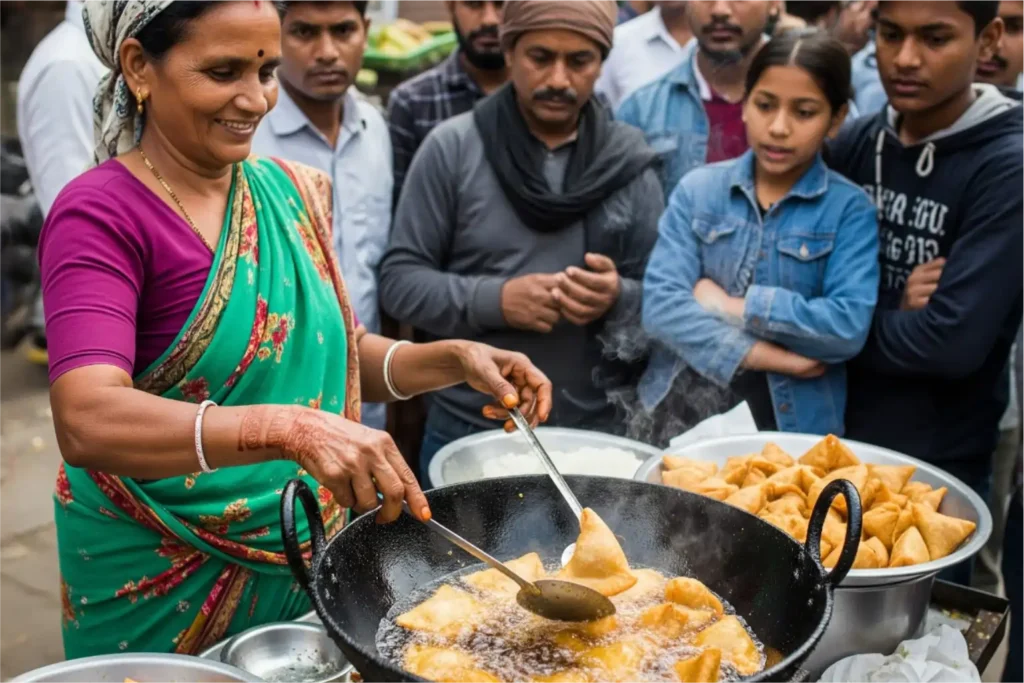
The Indian Health Ministry has dismissed recent media reports suggesting that it has ordered vendors to place warning labels on popular Indian snacks, such as samosas, jalebis, and laddoos, calling such claims “misleading, incorrect, and baseless.”
In an official statement, the ministry clarified that its recent advisory is not a directive for warning labels but a general public health message aimed at increasing awareness about the hidden fats and excess sugar in food products. It emphasised that the advisory is not targeted at any specific dish or India’s traditional street food culture.
“The advisory is a behavioural nudge, not a regulation. It encourages healthy choices and promotes awareness, not enforcement, regarding dietary habits,” the statement read.
Also Read | Maharashtra suspends move allowing homeopaths to practice modern medicine
The ministry also outlined that the advisory is part of broader efforts under the National Programme for Prevention and Control of Non-Communicable Diseases (NP-NCD). As part of the initiative, government departments and offices are being encouraged to display boards in workplaces highlighting the high oil and sugar content in commonly consumed snacks such as samosas, pakoras, pizzas, burgers, French fries, soft drinks, gulab jamuns, and pastries.
These visual prompts are designed to serve as daily reminders in the fight against obesity and related health issues, such as diabetes, hypertension, and cardiovascular diseases. Additionally, the advisory recommends that health-related messages be printed on official stationery, including letterheads, notepads, and envelopes.
The ministry reiterated that these initiatives are designed to promote healthier lifestyles and support informed choices among citizens, not to stigmatise traditional foods or impose labelling requirements on local vendors.








